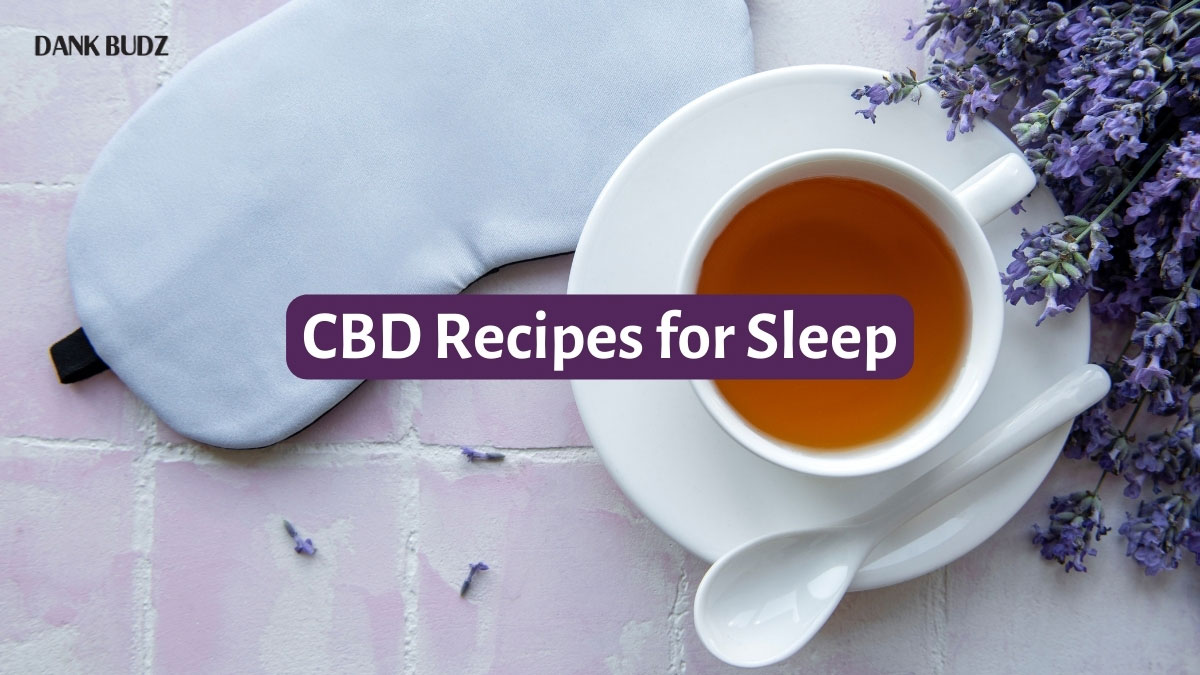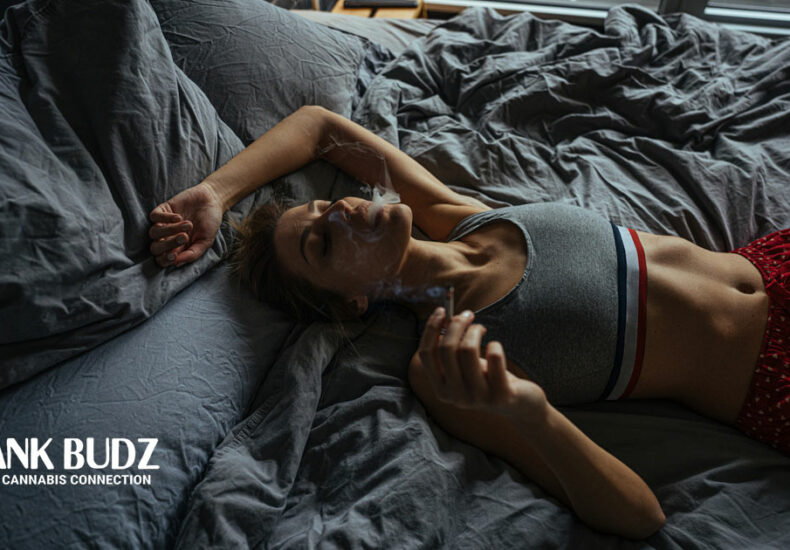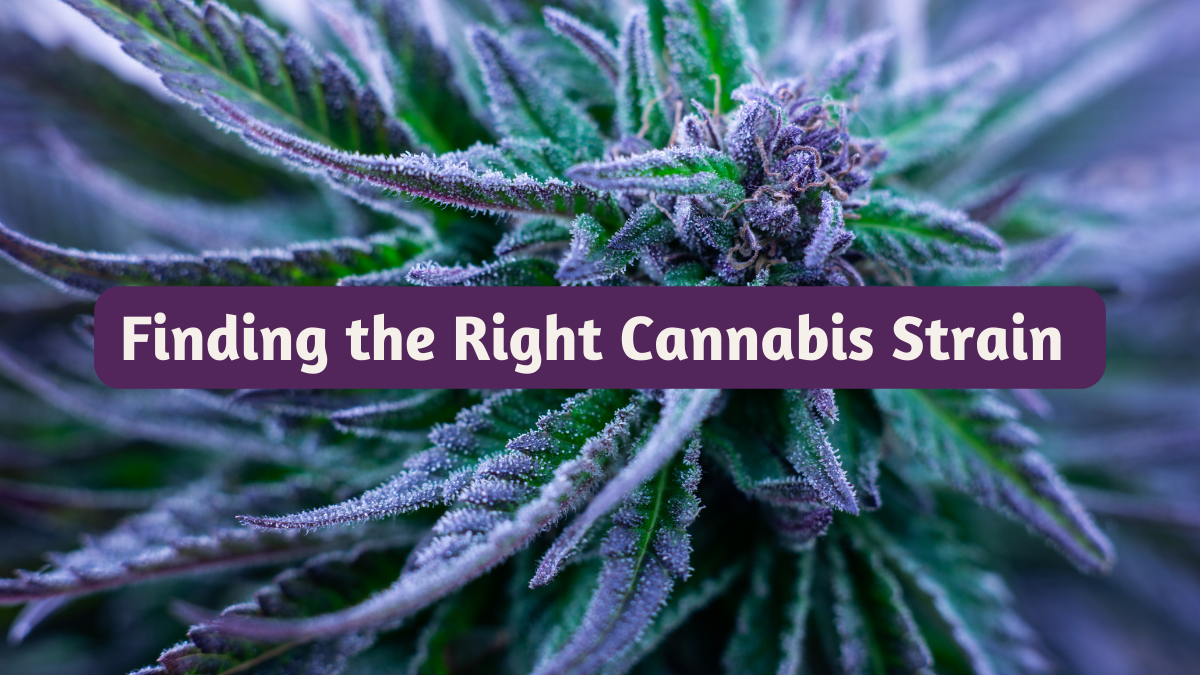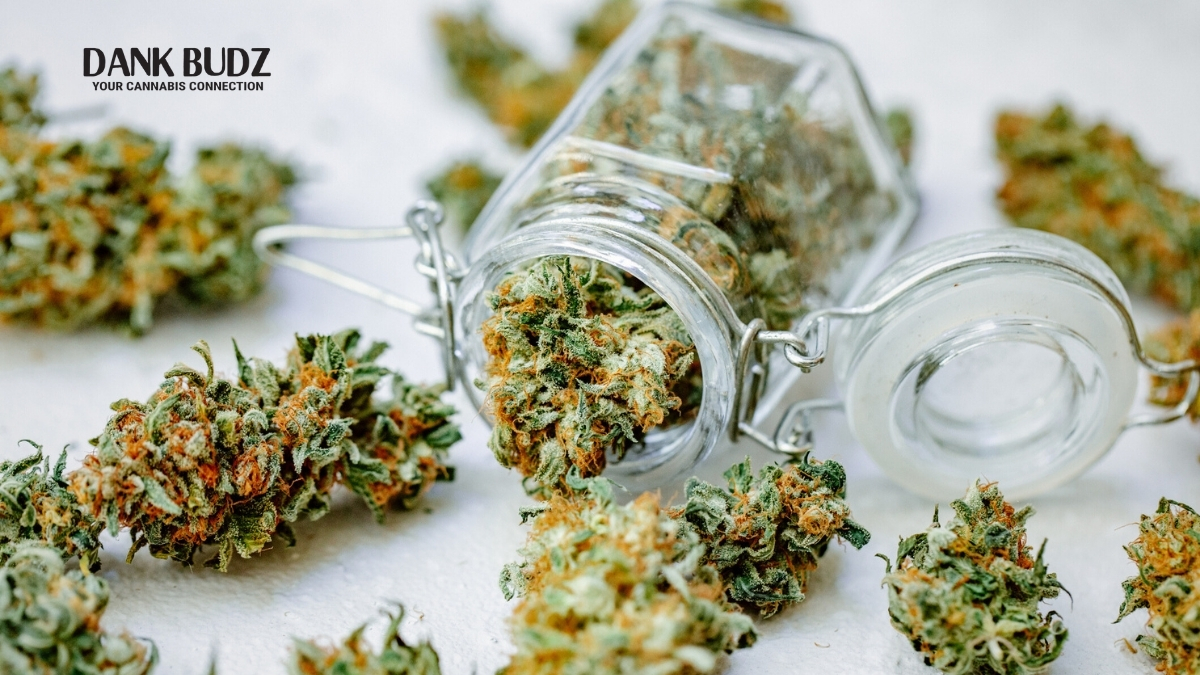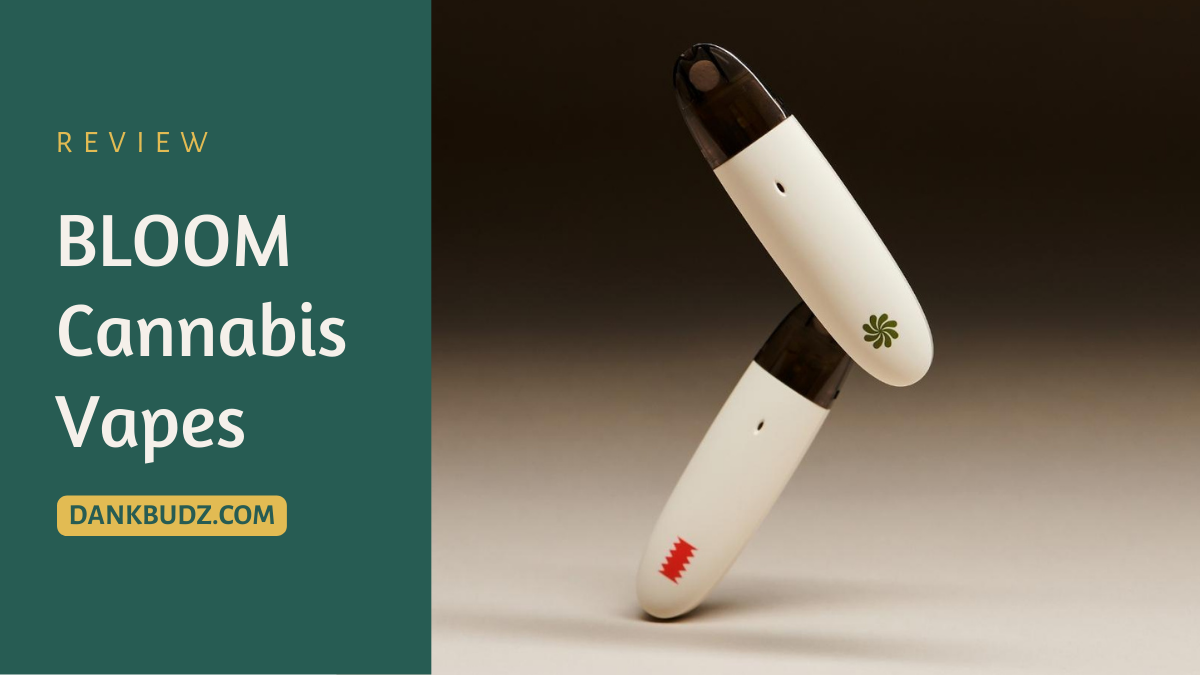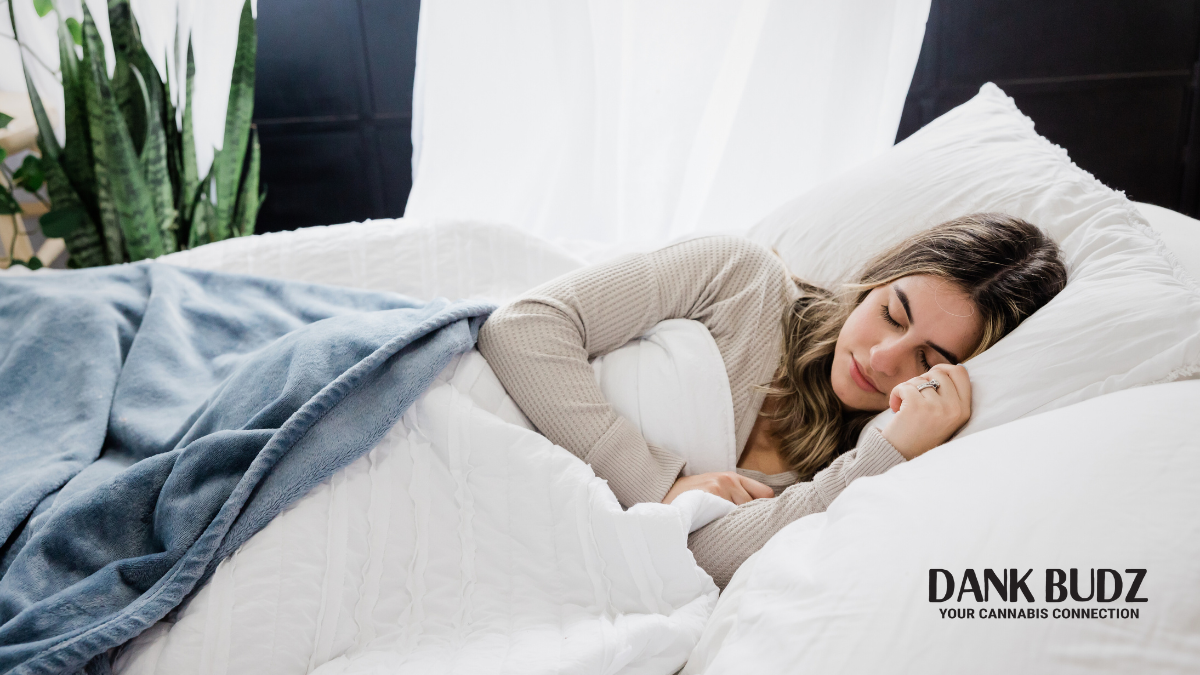
Many people struggle with sleep. Whether it’s getting to sleep, staying asleep, or achieving the most restful sleep, the kind of rest necessary to ensure physical and mental health, immune function, and more is all too fleeting for a major portion of the population. In fact, almost 40% of Americans claim to have fallen asleep without the intention of doing so at least once during the month – often at inappropriate times. Up to 70 million people in the United States report chronic sleep disorders.
Losing sleep long-term can be incredibly dangerous, causing or contributing to many other issues and disorders. While there are many ways to attempt to treat sleep issues, there is one that is gaining recognition as one of the most successful as well as one of the simplest to employ. For these reasons and more, CBD is becoming more widely accepted as a way to help people struggling with sleep.
What Is CBD?
CBD is short for cannabidiol, just one chemical compound found in cannabis. CBD is classified as a cannabinoid compound, as is THC (tetrahydrocannabinol), which is the psychoactive component of cannabis. However, the two are entirely different chemicals with their own unique effects on the brain and body. Unlike THC, CBD is not psychoactive, which means that it will not cause you to feel high.
Another important difference between THC and CBD is that while delta 9 THC is still federally illegal, CBD products remain legal so long as they are derived from industrial hemp that contains less than 0.3% THC. This is because industrial hemp was marked exempt from penalties contained in the Controlled Substances Act by the 2018 Farm Bill.
While CBD users have long reported positive benefits of CBD, research is now beginning to catch up with the word-of-mouth. CBD has demonstrated promise to treat many different ailments, including pain, anxiety, multiple sclerosis, and even sleep. This has led to a wider variety of CBD products consumable in many different forms, including CBD oils, creams and salves, capsules, extracts, vapes, inhalers, and others.
CBD and Sleep

As mentioned, because federal regulations limited sales and research regarding hemp and marijuana, studies on CBD and its use to address physical and mental health issues haven’t been as widely studied as they should be. In fact, a report published in 2017 discussed the discoveries of studies on CBD until 2014, and they were too limited at the time to give a full picture of CBD and sleep.
However, this study highlighted the potential effectiveness of cannabinoids for issues involving sleep apnea. CBD itself may prove effective in treating REM sleep behavior disorder as well as daytime fatigue. It’s vital to note that this summary of studies admits to the limitations of studies on cannabis at the time and the necessity for wider study.
It’s worth mentioning that pharmaceutical medications can have extremely negative effects, both short- and long-term. You may experience side effects like diarrhea, nausea, allergic reactions, and issues with daytime function. Many of these pharmaceuticals can also result in a dependence that can become quite dangerous. In total, up to 80% of those who use medication for sleep reported having significant negative side effects. By contrast, very few side effects and no cases of dependency have been reported for CBD.
So, Which Sleep Disorders Could CBD Treat?
As mentioned, the limited studies currently available have evaluated the effect of CBD and cannabis on different kinds of sleep-related issues. These include insomnia, restless leg syndrome, central and obstructive sleep apnea, nightmares associated with PTSD, narcolepsy, and REM behavior disorder.
Insomnia
Insomnia involves difficulties with falling and staying asleep and attaining good sleep quality. Quite a few studies have shown results with CBD for insomnia. In some cases, it can decrease latency, which is the time it takes to fall asleep. For that reason, insomnia is one condition that would benefit greatly from additional research.
Restless Leg Syndrome (RLS)
Restless leg syndrome is a movement-related disorder frequently associated with sleep. It accompanies an insistent urge to move your legs after not being active for a period of time. One treatment for RLS that has been prevalent are dopamine agonists, or compounds that cause a response when dopamine receptors are activated. One study has reported excellent results that indicate increased instances of remission for people who use cannabis. While the sample size was quite small, this study shows the potential for CBD and cannabinoids to be used in the treatment of RLS.
Central and Obstructive Sleep Apnea
Sleep apnea may affect up to 25% of the US population. With the massive prevalence of this sleep disorder, the search for an easy-to-use, minimally invasive treatment could benefit a major portion of the population. Studies have suggested that cannabinoids and synthetic cannabinoids may be an effective treatment for obstructive sleep apnea.
Nightmares Associated With PTSD
PTSD, or post-traumatic stress disorder, has commonly been linked to various sleep-related disorders. REM sleep is typically where nightmares occur, but for those suffering from PTSD, nightmares may occur outside of this phase of sleep. Because of cannabis’ effect on the limbic and paralimbic regions of the brain, which control arousal, memories, emotions, motivation, and self-control, there has been some interest in the potential for cannabinoids to assist with nightmares for those with PTSD.
Narcolepsy
Unfortunately, no human studies have shown how CBD specifically could help with narcolepsy. While there are several in the works, they are only in the preclinical stages. However, this cannabinoid has been shown to enhance not only the sleep-related chemicals but the wake-related chemicals in mammals, so researchers hypothesize that CBD may be an effective way to target narcolepsy in humans.
REM Behavior Disorder
This disorder causes physical disturbances during sleep, specifically movement in response to dreams. To this end, CBD has been used in patients with Parkinson’s to assist with sleep. While the initial study showed no change in primary outcomes, there was a noted improvement in sleep satisfaction. This may show that CBD could be effective when incorporated into the treatment for such disorders.
Why Do People Use CBD for Sleep?

While it’s relatively common knowledge that a hit of a powerful strain of cannabis can make you sleepy, you can see above that this reputation is backed by some scientific explanations and evidence. In fact, CBD is frequently used by people who don’t use cannabis to get high to assist with sleep. Let’s dive into the why.
Helps With Anxiety
Anxiety is a common factor associated with sleep deprivations. Studies have shown that those suffering from anxiety and sleep issues experienced decreased anxiety as well as improved quality of sleep after using cannabis.
Addresses Other Neurological Disorders
Reviews have stated that CBD could be incredibly effective in the treatment of not only anxiety but also insomnia and epilepsy. Other uses include neurological disorders like chronic migraine, Parkinson’s disease, multiple sclerosis, Huntington’s disease, and more. Many of these disorders can affect sleep, and addressing their symptoms can improve sleep for the patients who have them.
CBD Isn’t Habit-Forming
One of the best benefits of CBD is that it doesn’t have the habit-forming properties of other compounds. It doesn’t cause any psychoactive effects, so the danger of developing a psychological need to use CBD is nonexistent. Many other pharmaceutical treatments are habit-forming and can even cause withdrawals when use is stopped.
People Know It Works
While few human studies about CBD for sleep have been completed to date, there are many anecdotes of the efficacy of CBD. People from all walks of life regularly self-report the effectiveness of cannabis and CBD alone to help with their sleep difficulties. This is important because support for future studies comes from such kinds of anecdotal evidence. The greater the public support for such studies, the more likely they’ll become.
CBD Products for Sleep

If you’re not someone who already uses cannabinoids recreationally, you might not know where to start in regard to finding the right CBD products for sleep. There are so many different kinds of products available that trying a few things and finding which work best for you may be necessary.
Here are some of the products that we suggest:
CBD in Hemp Oil
This product delivers several powerful, precision doses of CBD in Hemp Oil (250 mg) in every 1oz bottle. Many people who are fine-tuning their CBD use want the power to control the amount in each dose, and the convenient dropper bottle makes delivering a measured dose extremely simple. Once you know how CBD oil will affect you, you can easily increase or decrease as needed.
Tinctures allow you to take CBD orally or sublingually. For oral delivery, you can add it to a beverage or food or just swallow. It’s important to note that this means the CBD will need to be digested and metabolized first, which can delay onset by 30 to 120 minutes. Alternatively, tinctures can be delivered right under the tongue, where they will be absorbed through the thin mucous membrane and directly into the bloodstream, significantly shortening the onset time.

CBD Capsules
Whether you’re new to CBD dosing or just want the ultimate in simplicity, CBD capsules are a great option. Each capsule has a precise dose of 10 mg of CBD. This allows a quick, easy, and discreet way to access the potential benefits of CBD without any of the fuss.

CBD Gummies
With a crowd-pleasing dose of 10mg CBD per gummy, a vegan formulation, and great taste, CBD gummies are perfect for low dosage, easy use, and controlled delivery. Since they are orally delivered, the effect will be gradual, so you can know what to expect without overloading your system. Additionally, the dosage size allows you to take more as needed. You can start your CBD journey easily with these premium gummies.
As with any new routine you’re beginning, it’s always recommended that you start out at a lower dose. With all three of these options, you have an excellent opportunity to test out lower doses of CBD and slowly increase your dose until you achieve the effect you desire. Once you understand your needs, you can experiment with the highly personalized dosing and quicker onset time available with CBD tinctures.

Find Your Better Sleep Today

Getting good sleep is crucial for every aspect of your life. When you’ve had a full, restful night’s sleep, you often feel like taking on the world, while a poor night’s sleep can make you feel sluggish, irritable, and unable to perform tasks. Over time, if you continue to lose sleep, you’ll feel like you’re in a perpetual state of fatigue and restlessness, and you may even suffer other long-term physical and mental health effects.
No one wants to live in this state – that’s why Dank Budz is here to offer quality CBD products that can help you get your best sleep. Early results of studies addressing CBD and sleep suggest its usefulness in treating sleep disorders. Even more telling are the history and anecdotal reports celebrating better sleep with CBD.
As with many therapies, it’s important to point out that nothing works the same way for everyone. For you, using CBD for sleep might require trying all the products listed above or some experimentation until you find the exact dosage you need for the best results (the most common dose is around 25 mg). Or, you might try CBD oil and quickly find the sleep you’ve been missing. No matter what your experience, you’ll get the natural relief you’ve been seeking without the terrible side effects of today’s prescription sleep aids.
If you’re ready to try CBD for sleep, check out our premium products or browse our cannabis education section for more information.
References :
- Sleep Deprivation and Deficiency – What Are Sleep Deprivation and Deficiency? | NHLBI, NIH. (2022, March 24). https://www.nhlbi.nih.gov/health/sleep-deprivation#:~:text=Nearly%2040%25%20of%20adults%20report,%2C%20or%20ongoing%2C%20sleep%20disorders.
- Babson, K. A., Sottile, J., & Morabito, D. (2017). Cannabis, Cannabinoids, and Sleep: a Review of the Literature. Current Psychiatry Reports, 19(4). https://doi.org/10.1007/s11920-017-0775-9
- Fitzgerald, T., & Vietri, J. (2015). Residual Effects of Sleep Medications Are Commonly Reported and Associated with Impaired Patient-Reported Outcomes among Insomnia Patients in the United States. Sleep Disorders, 2015, 1–9. https://doi.org/10.1155/2015/607148
- Kaul, M., Zee, P. C., & Sahni, A. S. (2021). Effects of Cannabinoids on Sleep and their Therapeutic Potential for Sleep Disorders. Neurotherapeutics, 18. https://doi.org/10.1007/s13311-021-01013-w
- Megelin, T., & Ghorayeb, I. (2017). Cannabis for restless legs syndrome: a report of six patients. Sleep Medicine, 36, 182–183. https://doi.org/10.1016/j.sleep.2017.04.019
- Sleep Apnea Statistics and Facts | NCOA.org. (n.d.). National Council on Aging. https://www.ncoa.org/adviser/sleep/sleep-apnea-statistics/
- Ramar, K., Kirsch, D. B., Carden, K. A., Rosen, I. M., & Malhotra, R. K. (2018). Medical Cannabis, Synthetic Marijuana Extracts, and Obstructive Sleep Apnea. Journal of Clinical Sleep Medicine, 14(10), 1815–1816. https://doi.org/10.5664/jcsm.7412
- Carley, D. W., Prasad, B., Reid, K. J., Malkani, R., Attarian, H., Abbott, S. M., Vern, B., Xie, H., Yuan, C., & Zee, P. C. (2017). Pharmacotherapy of Apnea by Cannabimimetic Enhancement, the PACE Clinical Trial: Effects of Dronabinol in Obstructive Sleep Apnea. Sleep, 41(1). https://doi.org/10.1093/sleep/zsx184
- Germain, A. (2013). Sleep Disturbances as the Hallmark of PTSD: Where Are We Now? American Journal of Psychiatry, 170(4), 372–382. https://doi.org/10.1176/appi.ajp.2012.12040432
- de Almeida, C. M. O., Brito, M. M. C., Bosaipo, N. B., Pimentel, A. V., Tumas, V., Zuardi, A. W., Crippa, J. A. S., Hallak, J. E. C., & Eckeli, A. L. (2021). Cannabidiol for Rapid Eye Movement Sleep Behavior Disorder. Movement Disorders: Official Journal of the Movement Disorder Society, 36(7), 1711–1715. https://doi.org/10.1002/mds.28577
- Shannon, S. (2019). Cannabidiol in Anxiety and Sleep: A Large Case Series. The Permanente Journal, 23(1). https://doi.org/10.7812/tpp/18-041
- Zhornitsky, S., & Potvin, S. (2012). Cannabidiol in Humans—The Quest for Therapeutic Targets. Pharmaceuticals, 5(5), 529–552. https://doi.org/10.3390/ph5050529
- Is Cannabidiol a Safe and Effective Sleep Aid? (2021, May 4). Sleep Foundation. https://www.sleepfoundation.org/sleep-aids/cbd-for-sleep
- Vaillancourt, R., Gallagher, S., Cameron, J. D., & Dhalla, R. (2022). Cannabis use in patients with insomnia and sleep disorders: Retrospective chart review. Canadian Pharmacists Journal / Revue Des Pharmaciens Du Canada, 155(3), 175–180. https://doi.org/10.1177/17151635221089617
- Kvidahl Reilly, M. (2022). CBD and sleep: Promising but preliminary. Nutritional Outlook, 25(2). https://www.nutritionaloutlook.com/view/cbd-and-sleep-promising-but-preliminary
- Murillo-Rodríguez, E., Millán-Aldaco, D., Palomero-Rivero, M., Morales-Lara, D., Mechoulam, R., & Drucker-Colín, R. (2020). Cannabidiol Partially Blocks the Excessive Sleepiness in Hypocretindeficient Rats: Preliminary Data. CNS & Neurological Disorders – Drug Targets, 18(9), 705–712. https://doi.org/10.2174/1871527318666191021143300
- Chayasirisobhon, S. (2021). The Role of Cannabidiol in Neurological Disorders. The Permanente Journal, 25. https://doi.org/10.7812/TPP/20.156
